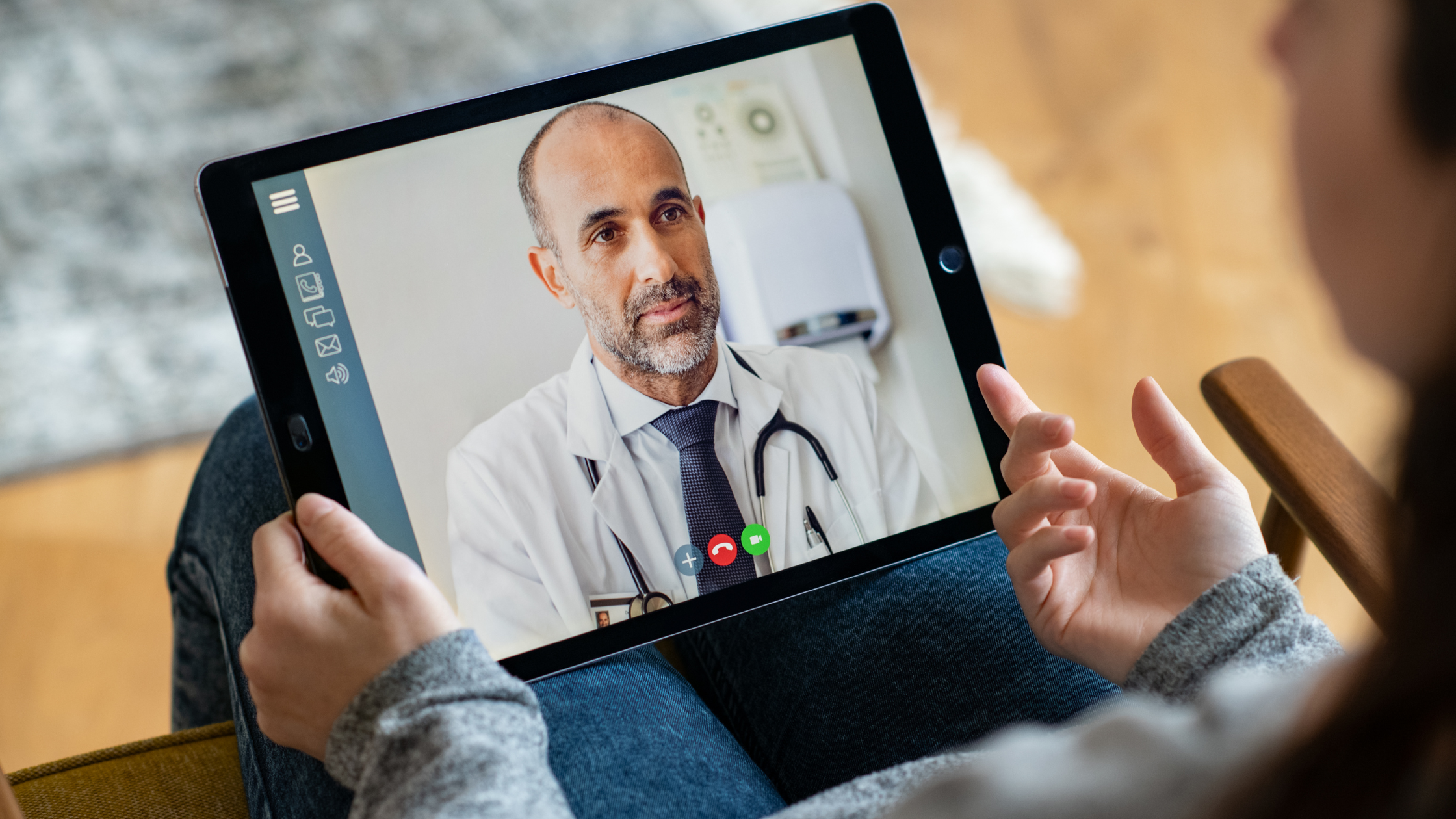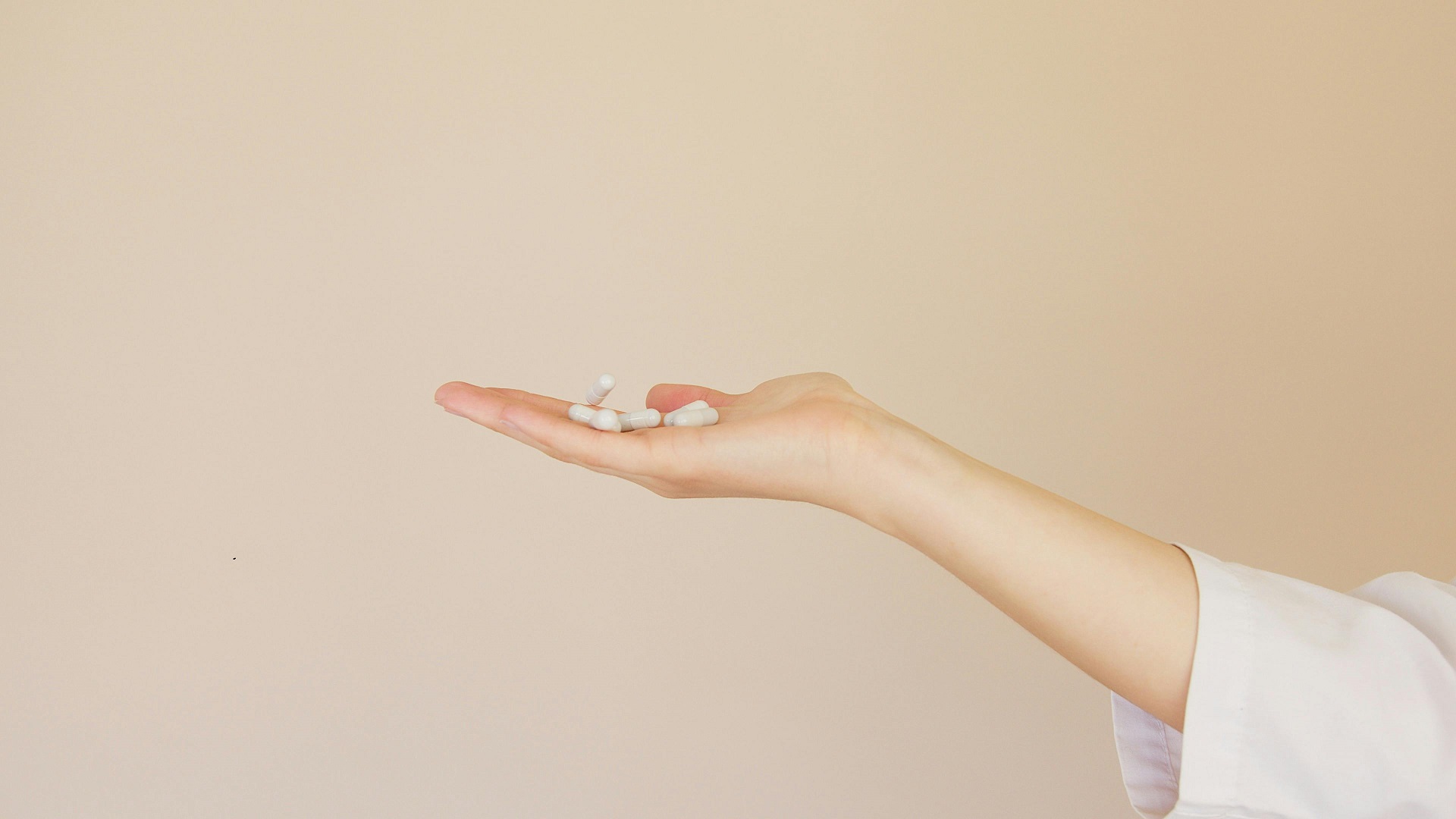Perhaps you’ve heard about PCOS through a few friends who have been diagnosed with it. Or maybe your physician has informed you that you have a hormonal imbalance and that you might be at risk for PCOS. Both scenarios can be concerning, especially if you’re not exactly familiar with this health condition and aren’t sure what it does or will do to your body.
Basic Facts About PCOS
Polycystic ovary syndrome, more commonly known as PCOS, is a hormonal problem that affects women in their reproductive years. The syndrome causes many tiny fluid-filled sacs (called cysts) to develop in the ovaries, and these cysts produce a large amount of male hormones called androgen and create a hormonal imbalance in the body. Cysts also contain immature eggs called follicles, which can affect the menstrual cycle.
The main cause of polycystic ovary syndrome is still unknown. However, studies have found that the risk of developing PCOS significantly increases in women with obesity and insulin resistance. A family history of PCOS, especially if it affects immediate family members like parents and siblings, can also put women at a higher risk.
How Does PCOS Affect the Body?
Androgen is normally present in the female body but only in minute amounts. So, when PCOS causes the body to produce more androgen than usual and creates a hormonal imbalance, women can experience several signs and symptoms. These include missed or irregular periods that involve very light flow as well as acne, oily skin, and skin tags. Some women develop hirsutism or excess body hair, which usually grows on the back, chest, and stomach, while others develop thinning hair and even male-pattern baldness.
PCOS can also cause weight gain, particularly on the abdomen area. This can make losing weight more difficult since the weight gain isn’t caused by increased appetite or lack of exercise but rather by hormonal imbalance.
Managing PCOS and Its Signs and Symptoms
If you suspect that you have polycystic ovary syndrome, the first thing you should do is consult your physician. They’ll run some blood tests to check your glucose levels (which can indicate your level of insulin resistance) and know the amount of androgen and other hormones in your body. They’ll also recommend an ultrasound to find out if there are any cysts on your ovaries.
If you’re diagnosed with PCOS, you’ll most likely be advised to take medications that will correct the hormonal imbalance in your body and lower insulin resistance. You might also be prescribed certain medications to control acne and reduce hair growth. Of course, you’ll have to make lifestyle changes and improve your diet and activity levels.
Contact a Weight Loss Center!
Taking supplements for hormonal imbalance can also help. Here at Ultra Body, we offer organic supplements that are formulated to support the natural balancing process and optimize the levels of hormones in your body. This can help improve the signs and symptoms of PCOS and help you lose weight easily, increase your energy levels, and improve your overall mood. Learn more about our natural supplements and everything we do by giving us a call or book an appointment depending on what you’re curious about!




